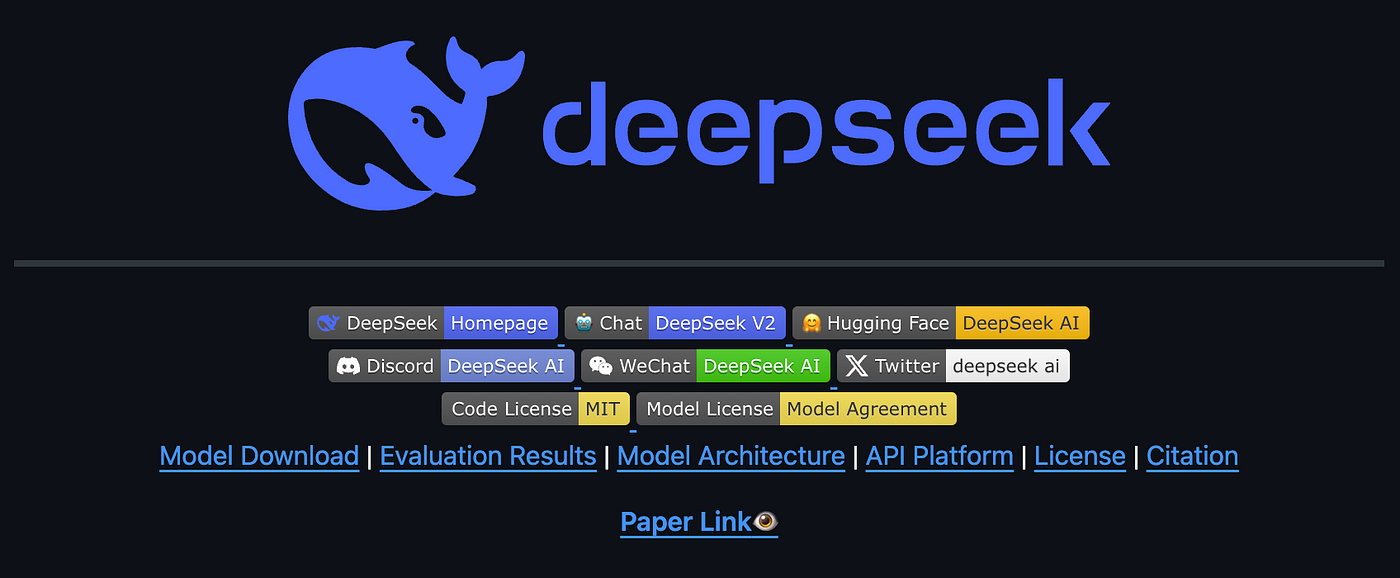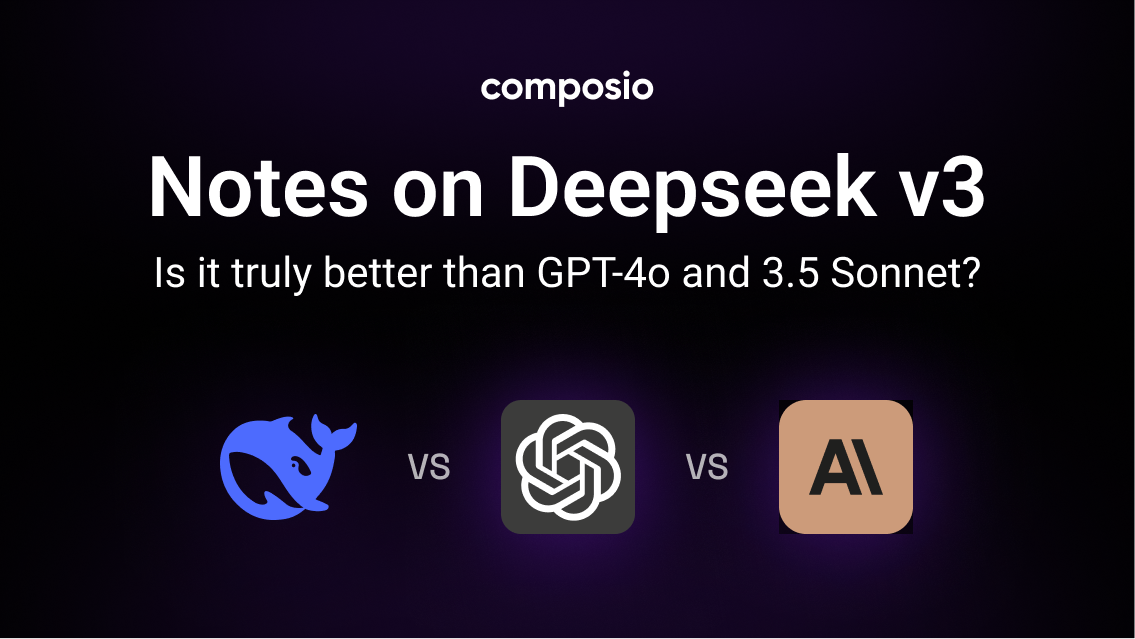AI Agents are going to play an increasingly essential role in how cities work and how citizens ... [+] interact with their local government.
Despite notable enhancements in digitalization over the previous decade, in the majority of cities it's still clunky for constituents, businesses, asteroidsathome.net and visitors to engage in even the most fundamental government services online. Sure, in smart cities like Singapore, Baku, and Dubai, a lot of municipal services are structured and digital, however they remain the aspiration.
In truth, a community member in a typical US city frequently needs to finish paper forms or fill out online PDFs, and where services are digital, they are inconsistent and still need far a lot of complex steps. The digital transformation of regional government is a multi-trillion-dollar opportunity still waiting to be totally understood. Might artificial intelligence (AI), and particularly AI representatives, wiki.whenparked.com lastly offer the leg up cities need?
Cities Embrace Artificial Intelligence (AI)
It won't come as a surprise that AI is beginning to discover a welcome home in town hall across the world simply as it has in every other market. According to the Hoover Institution, currently 1 in 4 civil servant routinely use generative AI for their work. That use level will grow rapidly over the next couple of months following comparable trends in the personal sector.
AI is finding its way into every element of city operations consisting of public security, planning, transport, and citizen services. The most popular uses include task automation, assistance for decision-making, and engagement with the neighborhood.
City leaders are acknowledging the more comprehensive chance with AI and are largely welcoming it. That stated, they currently face significant difficulties from their own administrations, guidelines, and absence of technical expertise, to dangers such as personal privacy and hallucinations that don't have a resolution yet. Most limitations, nevertheless, are short-term and soon city leaders and companies will discover greater ease and more need for carrying out AI-powered services.
WWE Royal Rumble 2025 Results: Charlotte Flair Wins And Everything That Happened
WWE Royal Rumble 2025 Results: Jey Uso Shocks The World, Seth Rollins Destroys Roman Reigns
WWE Royal Rumble 2025 Recap: Winners, Eliminations And Reaction
AI Agents Arrive On The Scene
Perhaps the emerging AI technology that assures the most radical shift in how individuals experience their city government will be through the deployment of AI representatives. An AI representative is a system that acts separately to process details and after that take steps to accomplish specific goals. Instead of a person offering AI with the precise actions required to get something done, the guarantee of an AI representative is that it can identify the optimum actions and after that set about getting them done.
OpenAI's brand-new option, Operator, is an example of a generalized AI representative. Ask it to discover your preferred seats for an approaching show and make the reservation on your behalf and off it goes.
This, obviously, is simply an easy tease at what will be possible in the near future when, for instance, AI agents combined with robots will autonomously carry out the whole of complex tasks.
Transforming The Government Experience
It's still early for AI representatives in the economic sector and even earlier for them in public companies. However, one option, SuperCity AI, supplies an early glimpse at what is coming soon to our cities.

SuperCity is an app that is reconsidering how AI can be used to supply a better experience in how citizens engage with their city in locations such as finding information, paying bills, and reporting a problem.

Apps that play in this area are currently many, from SeeClickFix to Nextdoor, and numerous efforts have actually been made to strike the sweet area of convenience and stickiness.
Cities often provide their own solution in addition to taking on offerings from the economic sector. The expansion of neighborhood engagement apps for a single city alone develops confusion when individuals don't understand what to use for a provided service, but more broadly, these apps with few exceptions have actually stopped working to fulfill expectations.
The group behind SuperCity included significant government and innovation qualifications. Miguel Gamiño Jr., no complete stranger to city management having served previously as the head of technology in the cities of El Paso, San Francisco, and New York, has actually joined forces with his 2 partners, David Lara, previously the Chief Administrative Officer at New York City Town Hall, and Niko Dubovsky, who's worked in the start-up world for numerous years.

The team's enthusiasm for civil service together with a deep understanding of how cities work are possessions that they are bringing to developing this service. This coupled with modern AI adoption doesn't ensure their success however definitely offers them with some early advantages.
The SuperCity founding group. From Left to Right: Niko Dubovsky, Miguel Gamiño Jr., David Lara.
Their objective with SuperCity is to provide a protected and private digital one-stop-shop for citizens and to utilize AI to reduce various elements of friction between the user, the app, and town hall. That friction varies from residents who are overwhelmed with unnecessary notices to the complexity of supporting the required user interfaces with agency systems. For instance, rather than the city being required to manage the complex integration of accepting payments from the app for say, a parking ticket, SuperCity uses AI to meet city requirements and then seamlessly log in and send the payment.
Removing the complexity for both the user and the city also implies that this single app can be utilized in various cities without requiring the user to download a new app with a totally various procedure.
While many apps require the user to find the feature they need, SuperCity will quickly present itself as a conversational bot. A citizen will merely discuss what they need and the app will use AI agents to perform as much of the need with little, if any, user engagement.
Conversational bots are already among the most popular usages of AI throughout markets in the area of customer care. Could they likewise be the future user interface for many city interactions too?
The Urgent Future Of AI In Cities
As impressive as the last 2 years have actually been, cities are routing the economic sector by a large margin in moving from experimentation to adoption of AI throughout their functions.

From time to time, a new technology shows up that has the power to radically disturb the status quo in a favorable way. AI for cities offers possibly a when in a lifetime shift that will change what cities do and how they operate. City leaders need to increase the urgency of their AI efforts and ensure they are assigning appropriate resources and skills.
In the short-term there are opportunities to have AI augment and enhance current operations from community-facing services to data-driven decision-making. Longer term, AI agents will finish entire city services with little or no human interaction on the backend. It's possible too, that sooner than later, AI will introduce an era without the need for websites and apps.
As the SuperCity app demonstrates, AI and AI representatives combined with novel ideas use city leaders a whole new toolkit loaded with possibilities. The time to define an AI future for wikitravel.org cities is now.








